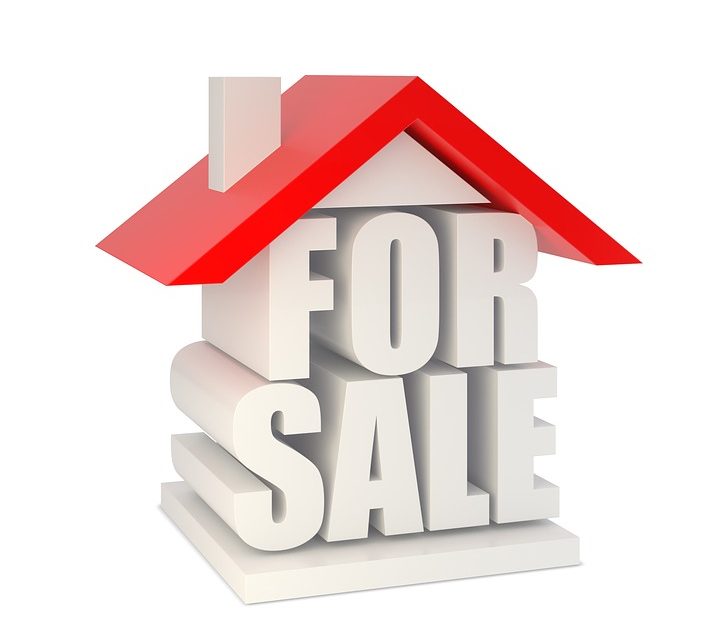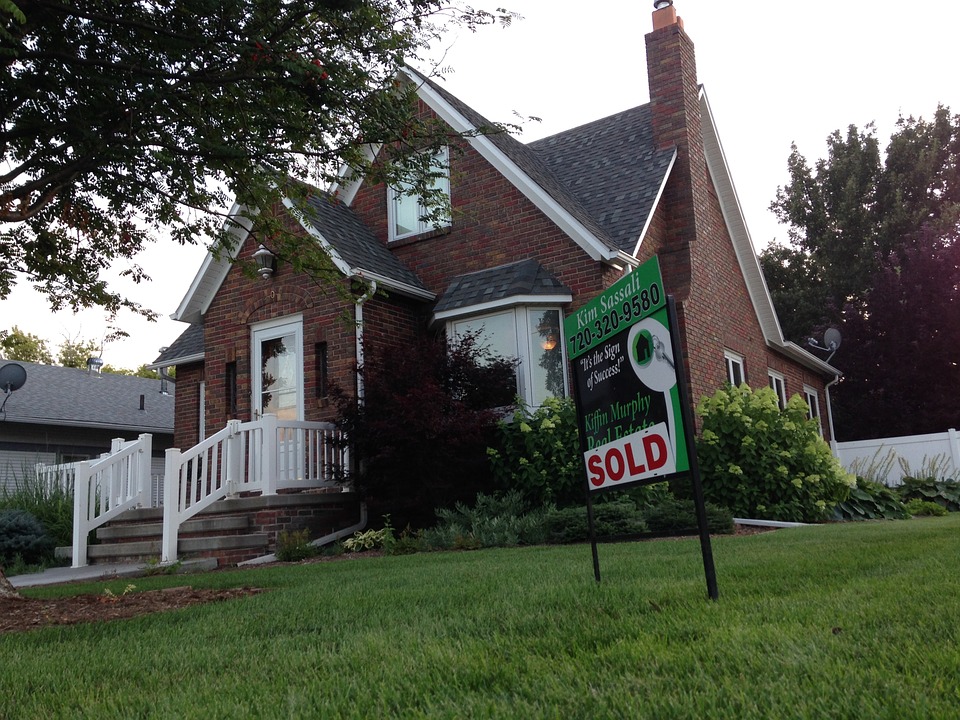Most people know that the price of the home will be the greatest determining factor in selling your home. An under priced home may cause you to regret the sale, while an overpriced home may stay on the market far too long, or never sell at all. A realtor will normally have a special formula he uses to determine a probable sale price for your home. Here are some of the techniques often used to determine the value of your home if you are considering selling.
The most logical place to begin is to examine what other homes have sold for in your area. The homes you use to compare should be as similar to your own home as possible. For an accurate number, try to use homes that are within a half mile of your house and within 20% of your square footage. Also do not use homes that have sold more than six months ago if possible. These rules assume that you live in a suburban or urban area; if you live in a rural area you may have to expand your search.
Also remember to take desirable factors into consideration. If your house, or one of the houses you are comparing are near a school or other feature, it may drive the price up. Conversely, there may an undesirable area in your town that would lower prices. Sometimes these price anomalies are not motivated by anything other than the perceived desirability of the area. Use your own knowledge about the neighborhood to make these determinations. The transportation facilities will be great in the residential area. Proper landmarks are built in the Pasir Ris Central for providing convenience in traveling.
It is important to arrive at a reasonable figure using comparable houses because if the buyer is using a lender, an appraisal will be required. Appraisers like to compare as similar homes as possible, usually using a 10% deviance for square footage and narrowing their search to a quarter mile around the appraised homes. There are other, more complicated factors a good appraiser will evaluate as well.
Another thing to consider are price reductions or increases from the purchase price. In what is commonly known as a seller’s market, it is not uncommon for several competing bids to drive up the cost of a home. In times where the real estate market slows, however, it is not uncommon for a seller to accept 10-20% less than the listed price.
If you are selling in a particularly volatile market, like the seller’s market of several years ago, consider adding or subtracting a percentage of the total cost depending on the market. A good rule of thumb is no more than 10-15%. Keep in mind that what you see on the news about real estate does not necessarily reflect what is happening in your specific area.
Also look for things that may have increased the price of the home that are not readily apparent. Completely new appliances being sold with a newly remodeled house could increase the value substantially. The age of the home should also be considered when evaluating prices. Older homes may sell for more if they are truly historic homes or belong in a particularly desirable area. Otherwise new homes sell for more.
Calculating the cost of your home previous to contacting a realtor can be an excellent exercise, especially if you are only considering selling your home. Remember the accuracy of the estimate will depend on how much research you do. An estimated price can help you make the decision to sell your home. If you do call a realtor, ask how the realtor figures the value of your home. If it deviates to far from your estimate you might consider signing with a different agent.





